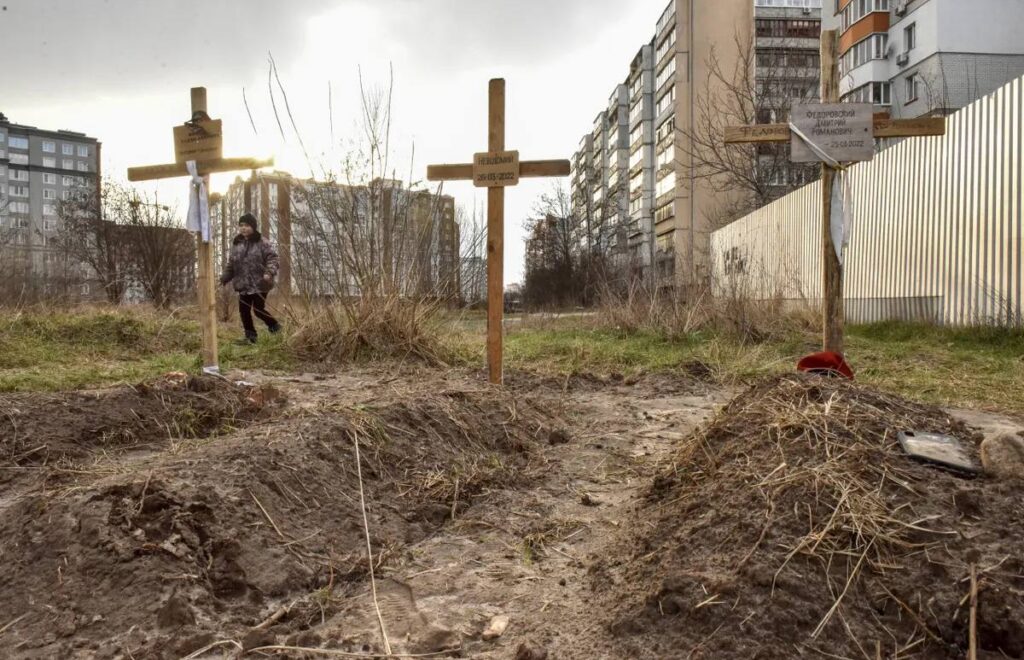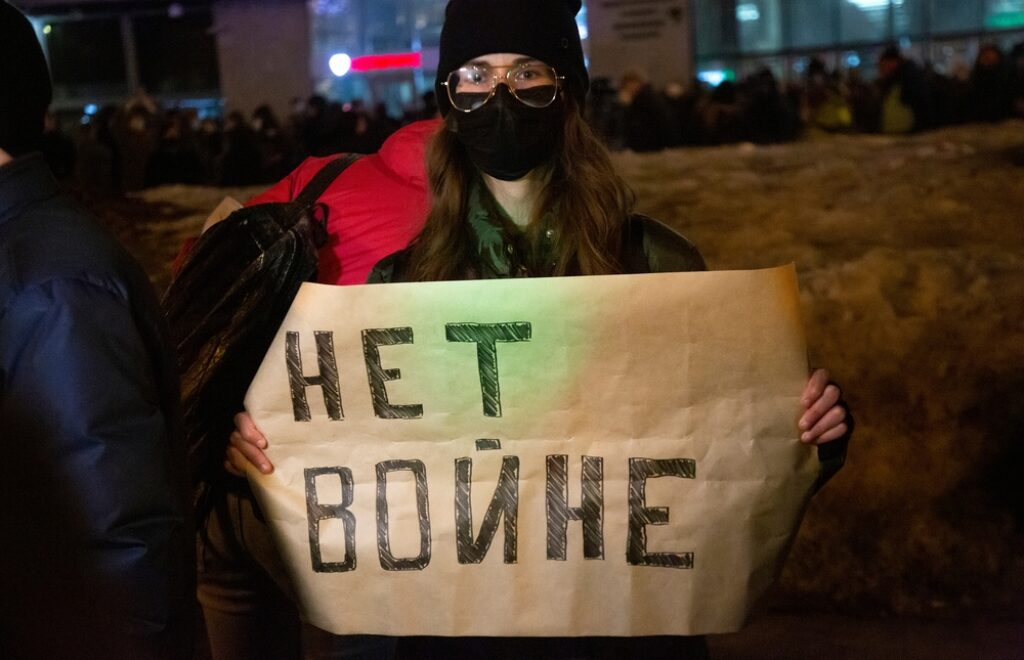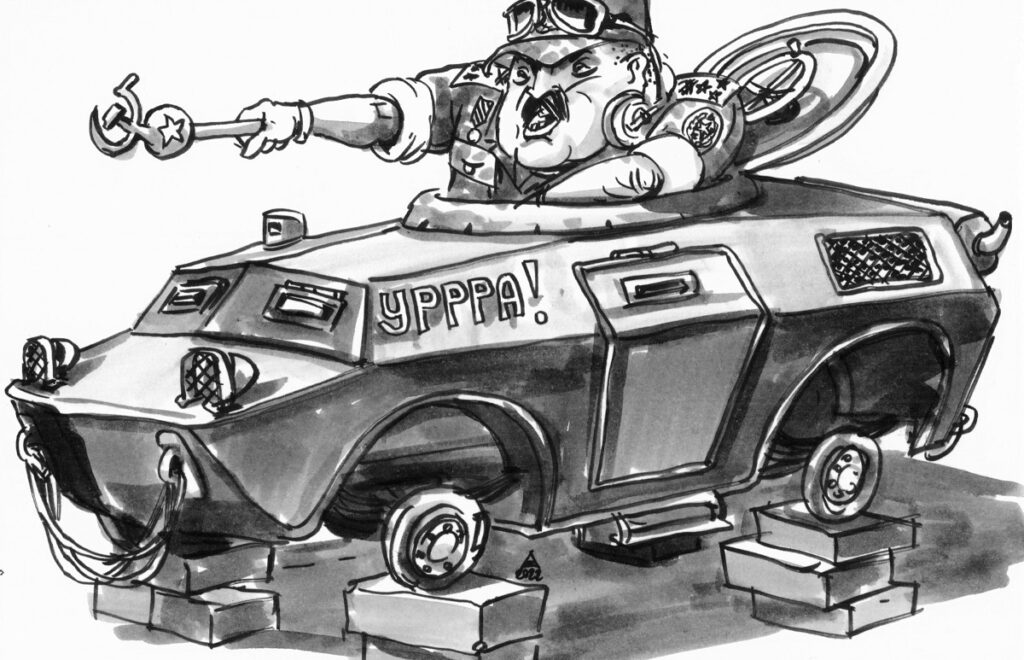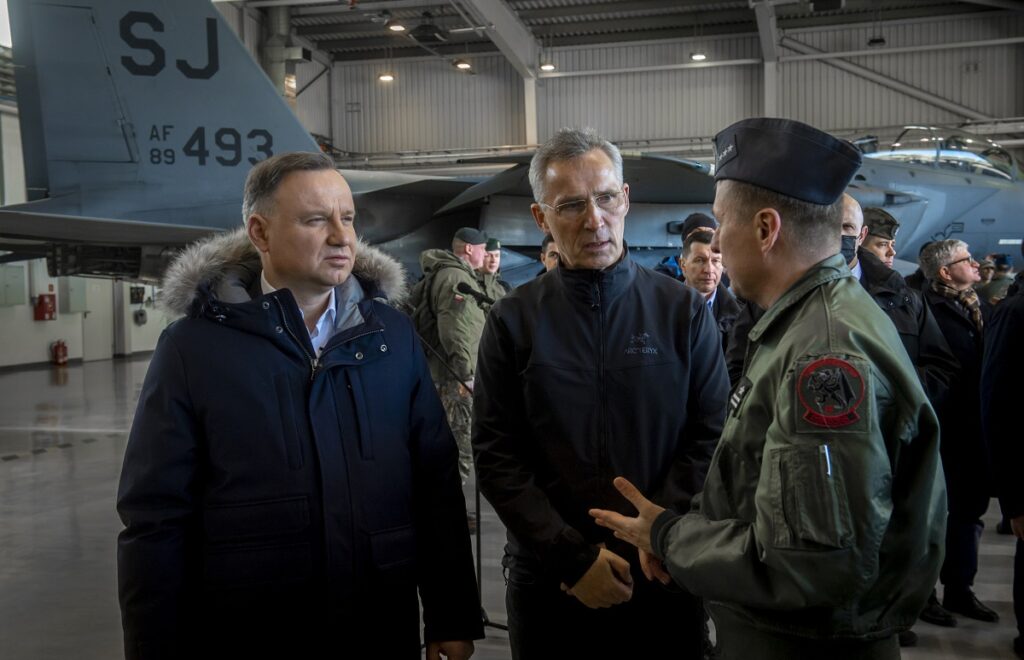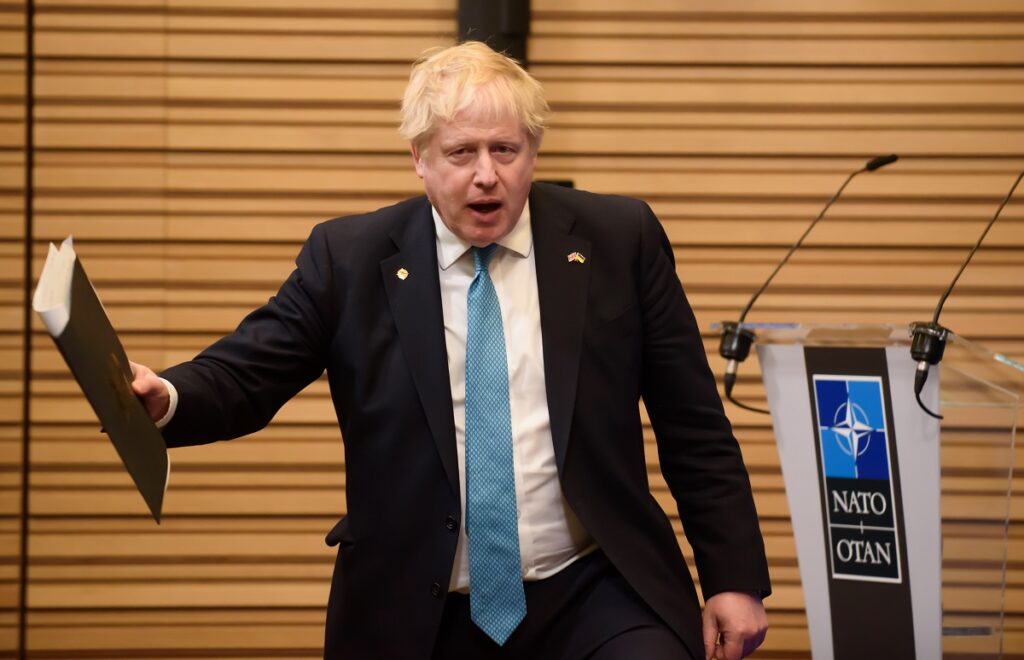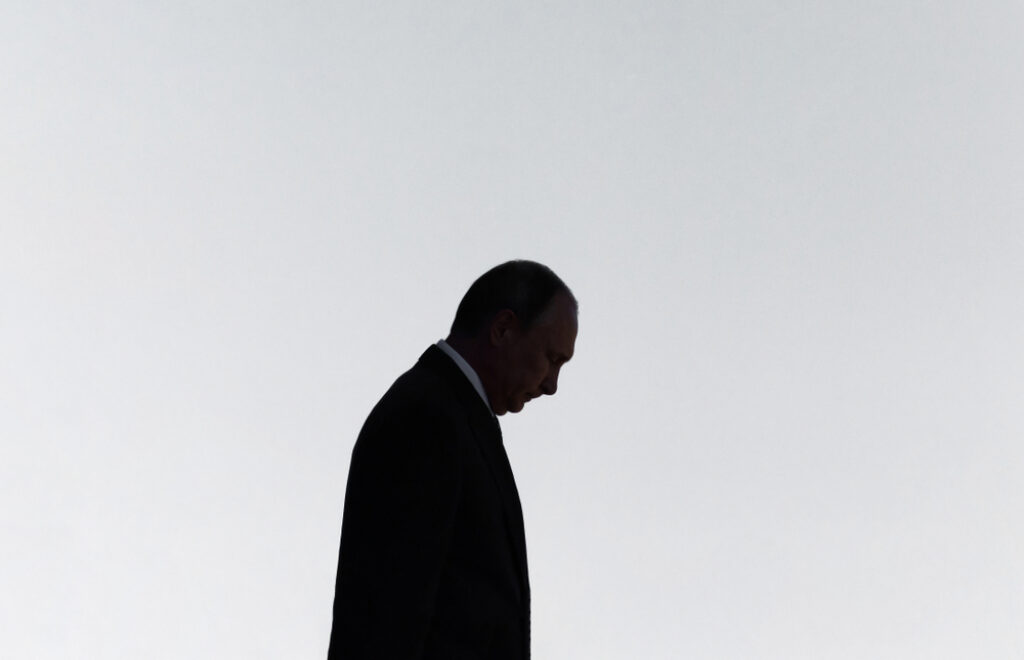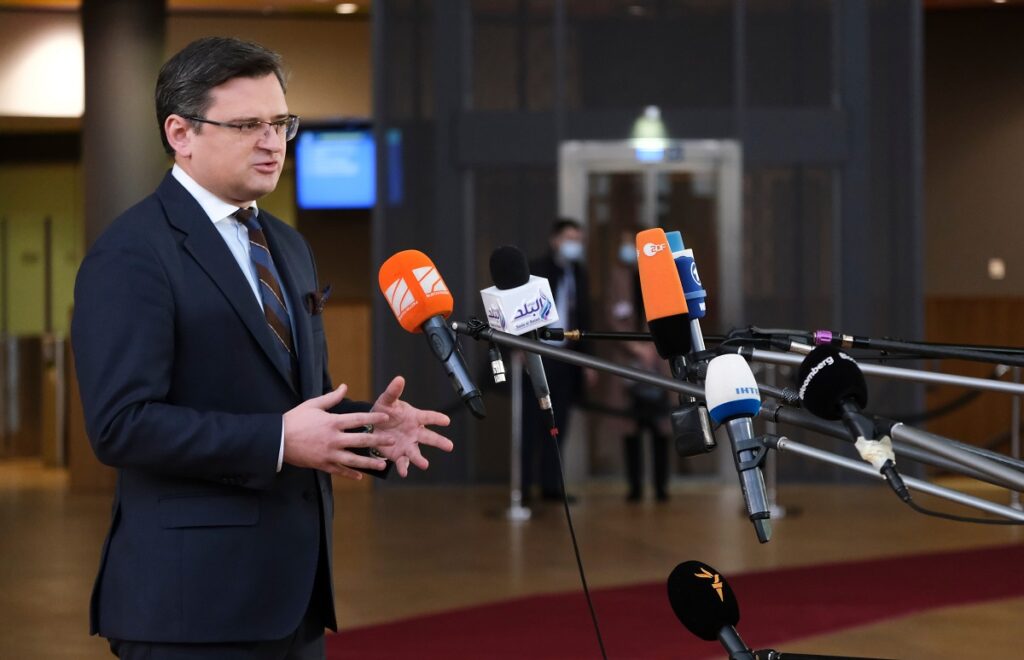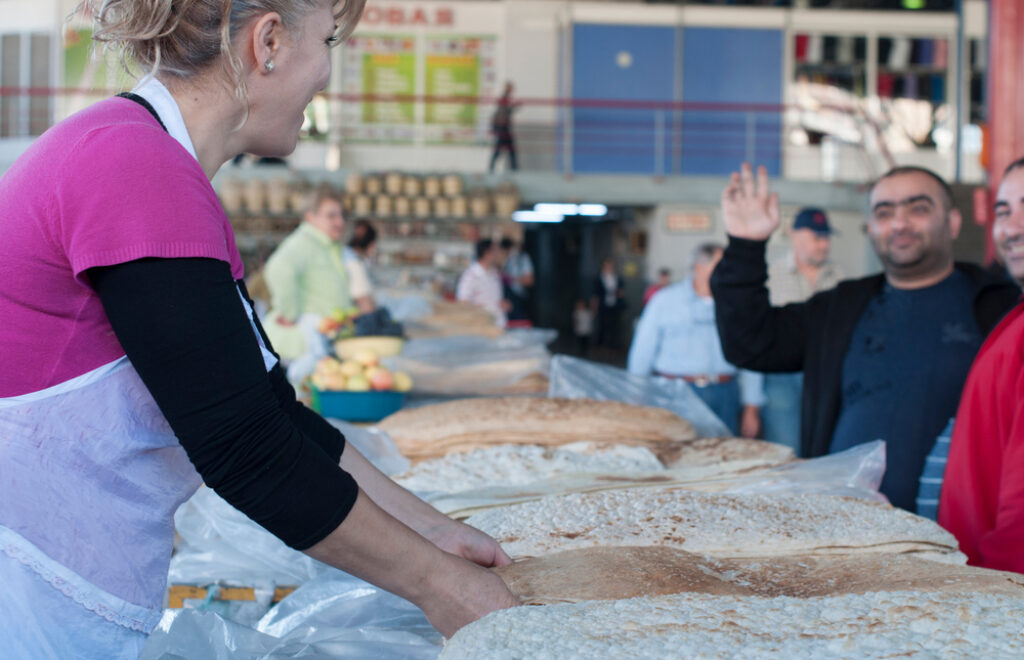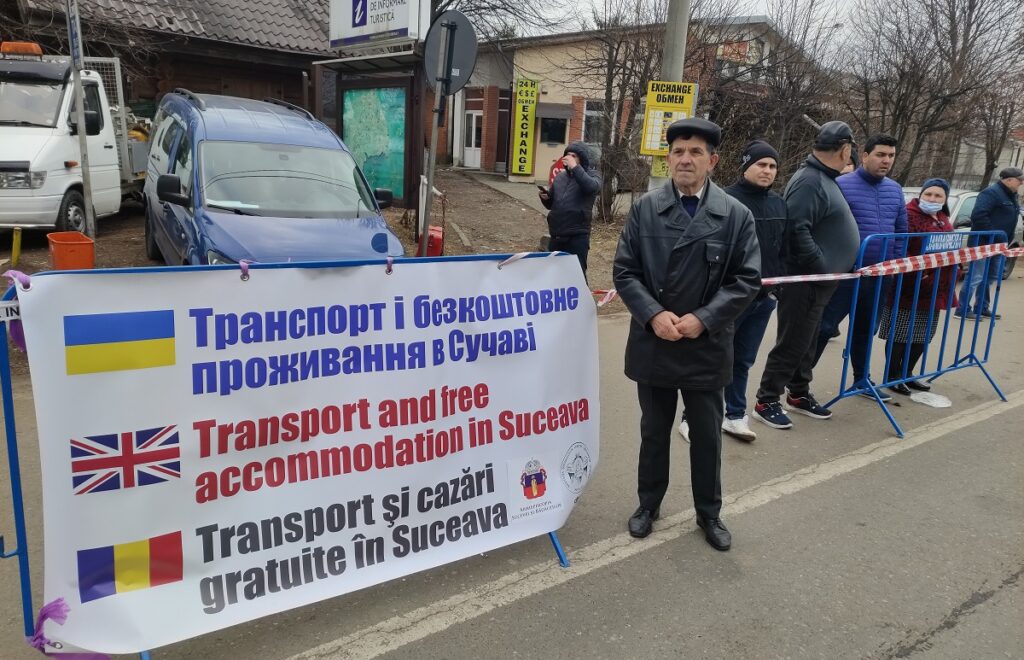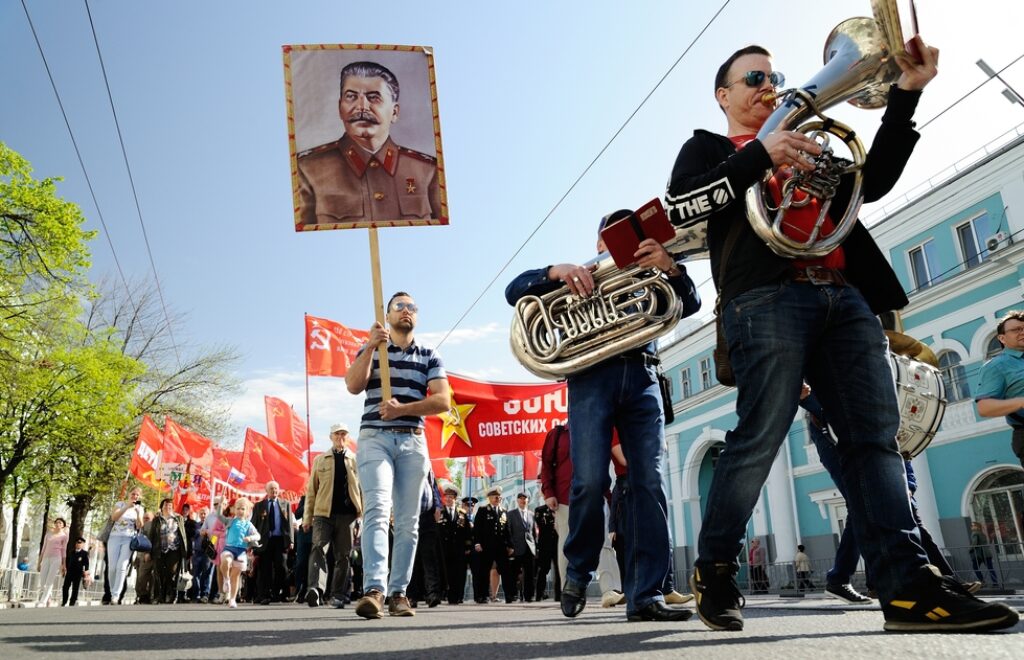Russia’s targets: children, pregnant women, civil institutions and infrastructure
No crime is too big for Vladimir Putin to commit, no lie too absurd to utter. This was true even before Russia's troops officially invaded Ukraine on February 24th. The images from Ukraine bring back memories of Grozny in Chechnya and Aleppo in Syria. There, Russian planes also destroyed homes, clinics, schools and other civilian facilities through mass bombardments. The West remained silent when the Russian army was rampaging through Chechnya and Syria. The West apparently did not care about the people there and they did not want a confrontation with Putin. In particular, the war against Syrian civilians was a test for the Russian army.
April 25, 2022 - Jan-Henrik Wiebe


